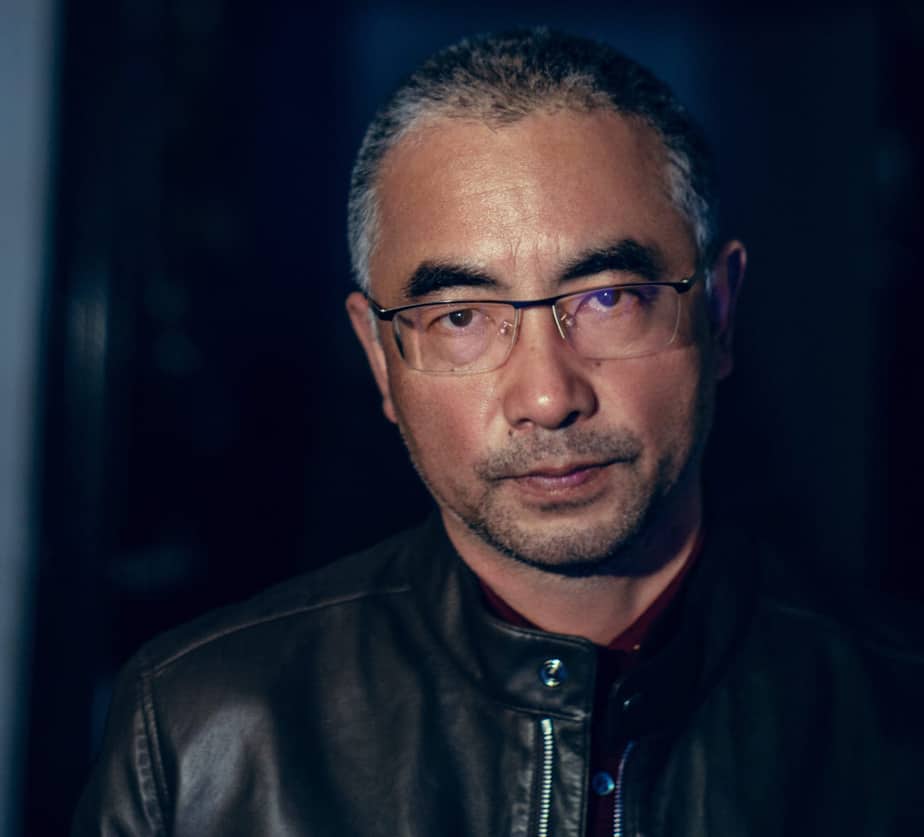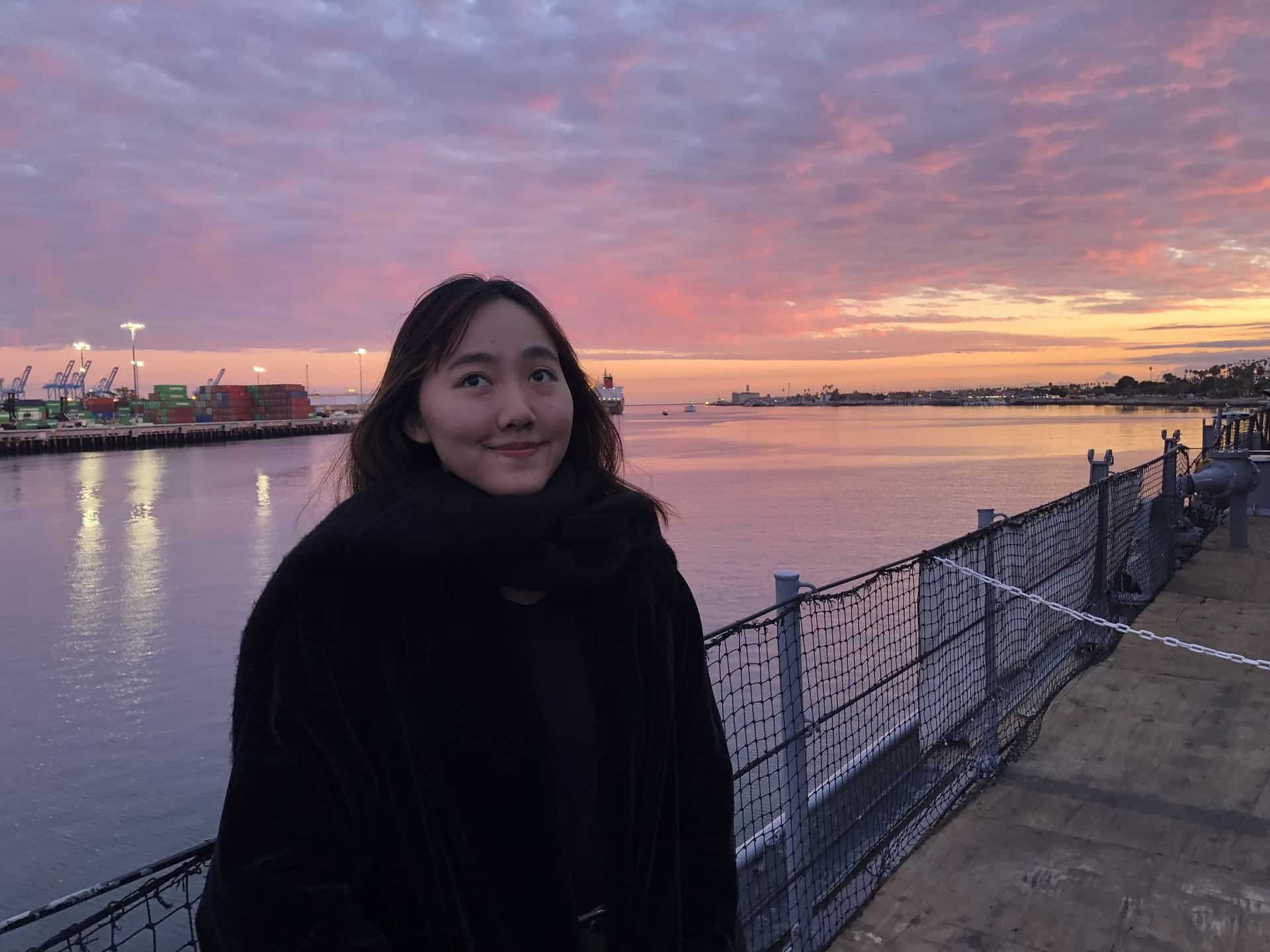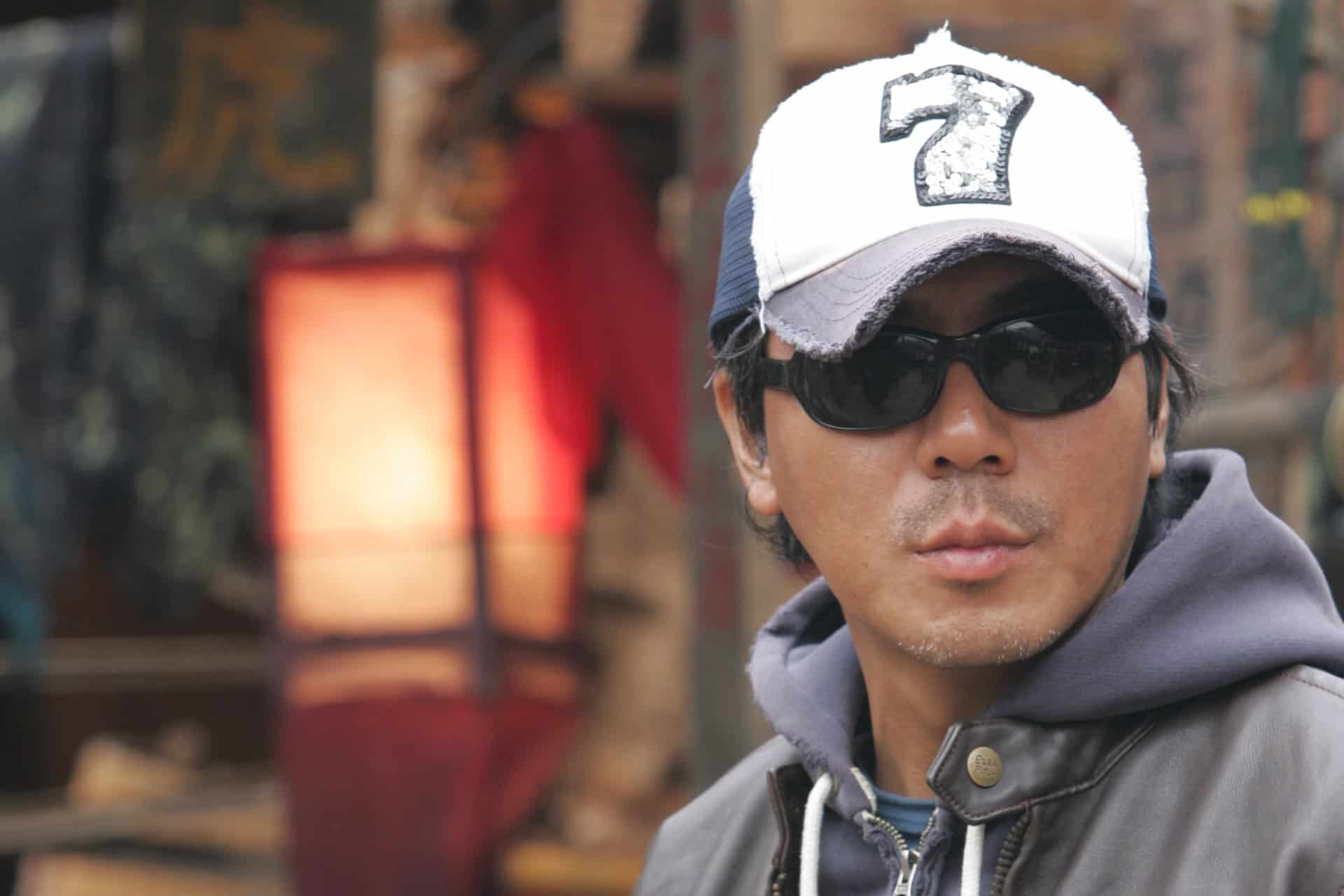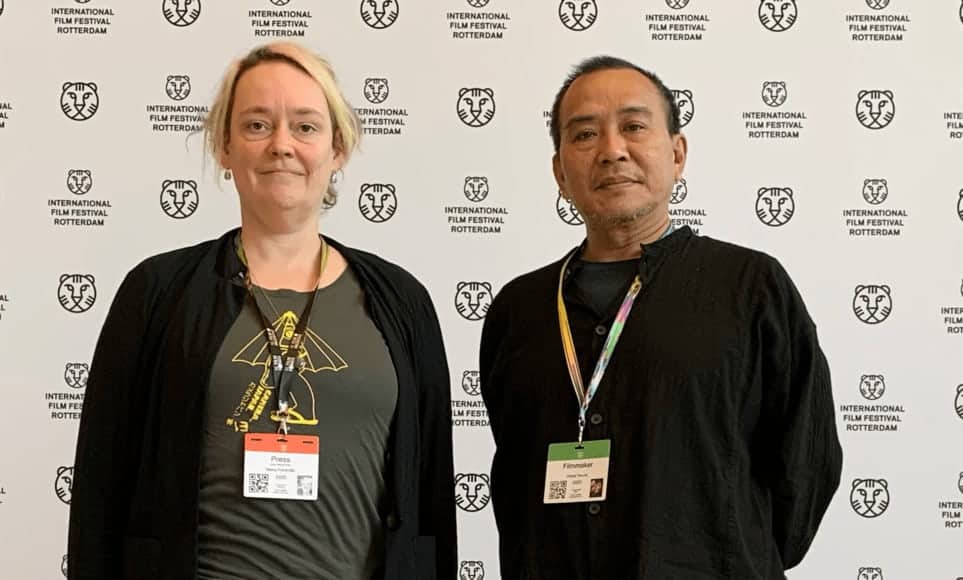Promise Xu is a Co-Founder and Board Member of the Mulan International Film Festival in Toronto Ontario, Canada. He is 28 years old, has a degree in Management and Information Technology and lives in Toronto. The festival is dedicated to showcasing the best of Chinese language films and historically significant films about China.
Tell us about the Mulan Film Festival, what it is and how it got started.
We started to organize the film festival last year. The reason it got started was because of a friend, Shen Wei, who is also a Co-Founder of the festival. She quit her job at the Ministry of Health because she wanted to become a film director. She was talking to a mutual friend and mentioned how hard it was for an Asian female to get into the film industry. So our friend jokingly said maybe you should start a film festival. Then when you have a film you will have a place to show it. That was the seed that grew into this festival. We have seven co-founders. Each of us are responsible for different aspects of the festival, marketing, design and the website. Our team is roughly fifteen people who are all volunteers.

Did the festival have any startup or growing pains when you started to organize the Mulan Film Festival?
We submitted one or two grant applications which were rejected. So then we wrote a few more and we got one approved. That grant supports the Made by Women program that we have this year. The rest of our money comes from sponsorship and ticket sales. The grant came from the Government of Ontario. If you look at the overall process there are basically two main roadblocks. The first one is how we find the films and directors and who owns the rights to the films. It is incredibly hard to find who owns the rights to any Chinese film. If we found something and we did email they don't reply to our emails. You need to get in and work with connections. Our first break-through was the co-founders of another film festival. We searched them in Google and found one of the organizers WeChat names and we contacted them and said we are young, we are from Toronto, we want to do a film festival. For the other films, we have actually quite a few premiers here today, it's really hard to convince them to give that right to us and some of the pricing is crazy. So you have to do a bit of negotiation.
The other part that is very hard for us is marketing. If you look around for any sort of Chinese events, I would say 95% or more are people with a Chinese background. With Japanese or Korean film festivals 50% or more would not be from those backgrounds and that is something we want to do for Chinese film. Marketing to the non-Chinese market is quite difficult. Going to a film festival is a casual thing you might do in the summer. If you go to TIFF (Toronto International Film Festival) is something you would do in summer. We don't have that kind of brand yet. So marketing is especially hard for us.
How did you choose these two venues, the Isabel Bader Theatre and Innis Town Hall on the Victoria Campus at the University of Toronto?
The seven co-founders we met through a student organization called Utchinese Network which publishes a magazine and holds lots of events. We hold our annual charity concerts here. So we know these venues well. They also have some of the best film equipment in the city.

I know this is the first day of the festival but are you thinking about any changes for next year?
Right now we are focusing on making this year the best we can. One thing we want to do is become the marketplace for Chinese film in Toronto. In the future we want to have more collaboration with TIFF, since TIFF shows quite a few Chinese films. But what we bring is that we understand Chinese film and Chinese culture better. In the future we may want to have a competition but this year is just screenings.
Can you elaborate on the themes you chose for the first year of the festival?
Sure, we have three programs. The first is Made by Women which focuses on films made by women or have strong female characters. The second one is China Retrospective. What we found out is anyone who got their education here in Canada, their impression of China was a China from the 1950s, or the cultural revolution or close to that period. That image is quite hard for people to understand whether you have a Chinese background or not. A lot of Chinese immigrants or second generation tend to disassociate themselves with the Chinese culture. Through this program, we are trying to showcase how China got from that period all the way to today. The third program is Portraits of the Youth. We think it's really important to feature young directors. If you look at the film industry the percentage of female directors in China is a lot better than other overseas countries. We have this theory that the next best female director will come from China. This also works with our Made by Women program. Also with these three programs we have three cities we are featuring, Beijing, Shanghai, and Hong Kong.

Tell us about one of the films in your festival and why you think it's a good choice for the Mulan Film Festival.
The film I will talk about is “I've Got a Little Problem” (2017) by Zhang Ximing. It's a documentary about the late Ren Hang, a Chinese photographer. He is one of the most famous Chinese contemporary photographers. He was first featured and discovered by Ai WeiWei. The kind of photography he does focuses on the human body. You will see lots of naked bodies in his work. He did a big series on naked bodies in the open air on top of some buildings in Beijing. Because of that, his work is quite heavily censored. Not a lot of Chinese people know about his work. But if you look at what he has done, he had about 25 personal shows and he was only 27 years old. That is a phenomenal achievement. I believe this is the only documentary that has featured him. It is really important for us, since we are interested in art as well, that's why we picked this film. Ren Hang also struggled with depression and that is one of the topics we want to talk about. If you talk to the older generation in China knowledge about mental health or depression is absolutely zero, even for the younger generation. I think it is a very important film to showcase and we have the director, Zhang Ximing, here as well. He is a young director and it is his first feature film. It's one of my favourites.














